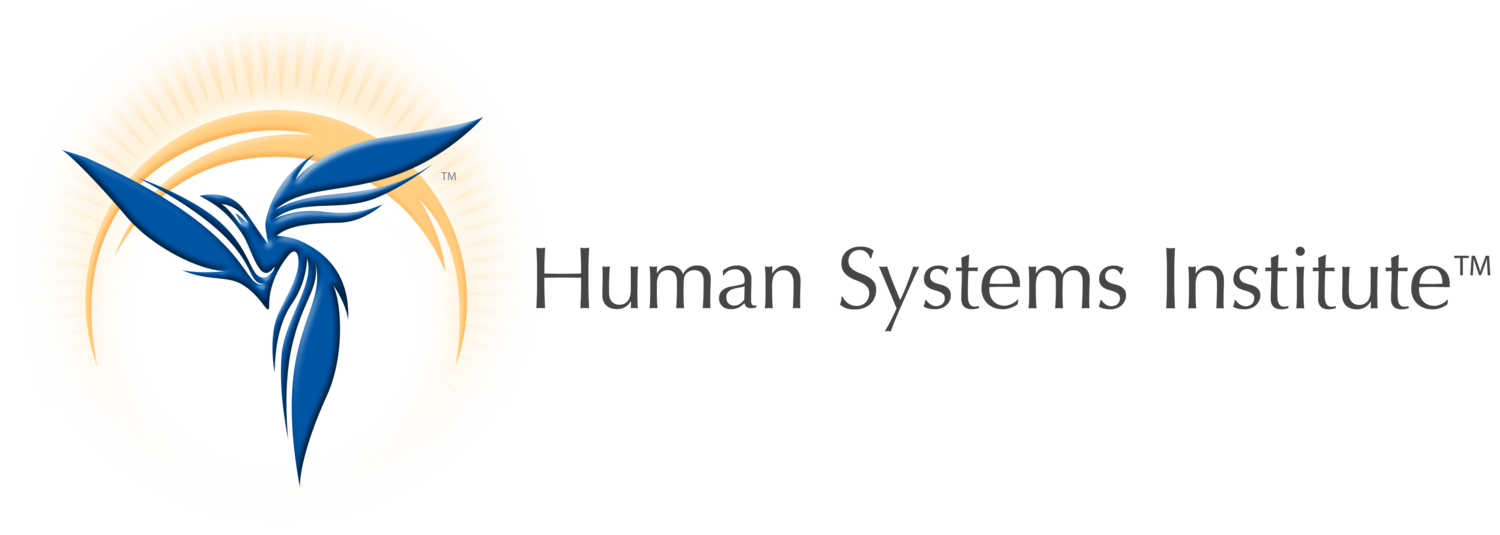COVID-19 & The Basin of Attention
Like our little furry friends here, we all need some comfort in the face of a global pandemic, and I hope you are finding some respite from this threat, in spite of "social distancing" and "shelter-in-place" mandates.
This is the first time our modern world has experienced a global threat (not of our own making like war, that is.) It’s normal to experience fear in the face of such uncertainty and changes in the rhythms of daily life. The human brain is able to hold only a small amount of information in conscious attention which is designed to pay attention to the world on a need-to-know-basis, and that assumes tomorrow will look mostly like today. For example, the door to your office isn’t likely to jump up and scoot across the room without notice. Nor is the restaurant or store you frequent on the way home from work likely to change much. Having your sense of what tomorrow will be like turned upside down is disturbing to the human animal. The majority of us like the world to be relatively predictable most of the time. So, when faced with a pervasive sense of threat and disruptions to our expected routines and resources, it’s normal to find yourself preoccupied, distractible, and more on edge. I like to use the metaphor of a beaker.
Let’s imagine that every day you get a beaker worth of attention space. Depending on how well you slept the night before and what your life is like, your beaker is pretty empty when you start your day. On any given day, some of your attention beaker is taken up with mundane management of daily affairs, like what to eat for breakfast, what you need to do that day, who is in your world. If you have an illness, or a sudden change in your life or routine, much more of your attention beaker is now occupied by these demands. For many of us, the vague or very present threat of this pandemic and the changes in the supply of things like – who would have guessed it, toilet paper– is taking up a lot of space in our daily attention beaker.
When our beaker is filled with concerns and anxious feelings, not much is left for things like relationships, or self-care, or our faith or spiritual practice. You may even find yourself sliding backwards on promises you made to yourself or others, then feeling bad about yourself. It’s important to realize that when your attention beaker is full, or even overflowing, with demands and concerns (where will I get that toilet paper?!) that your capacity as a human being to deal with daily challenges has been reduced. Your beaker is full, not much else can get your attention. In a case like this, first and foremost, BE KIND! There is absolutely nothing wrong with you. This is normal for a human being in a stressful situation filled with uncertainty. Be kind to yourself. Be kind to others when they show evidence that their beakers are overflowing.
Remember to breathe! When we’re stressed, we tend to breathe high and shallow, or even hold our breath. This sends a signal to our bodies that we are indeed in danger, even when in that moment, we are actually safe. To help your body reset to a calmer state, first exhale, just let go of whatever you are holding, let yourself relax. Drop any tension in your jaw, tongue, neck, shoulders, chest, pelvis, and let your body inhale. Your body knows how to gain the level of oxygen you need. Let your kind attention rest with your breathing body as it breathes you for a few moments. The integration of mind and body will help you deal with that overfull beaker. Three natural, normal breaths are often enough to help reset your nervous system from fight-flight to a more normal alert and relaxed state. Whatever situation this virus has brought into your life, you will be better able to respond to it if you are kind and patient with yourself and remember to let your body relax and breathe.
Wishing good health and courage!
